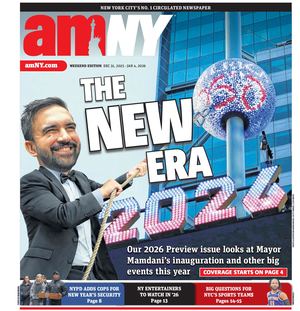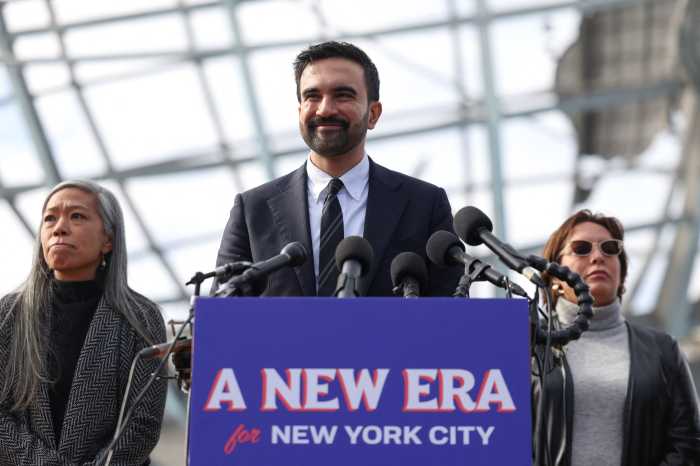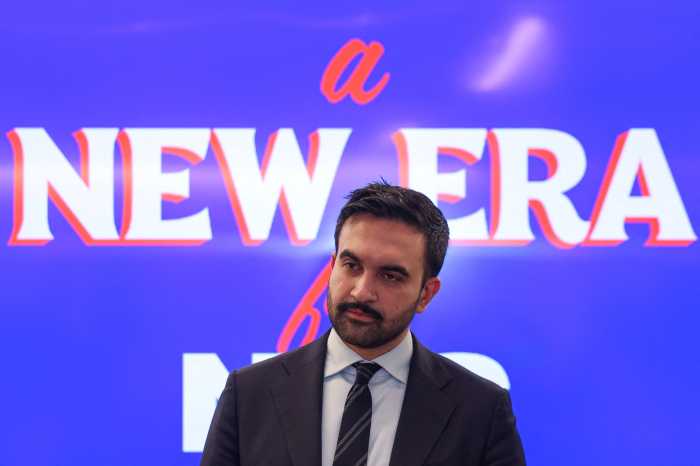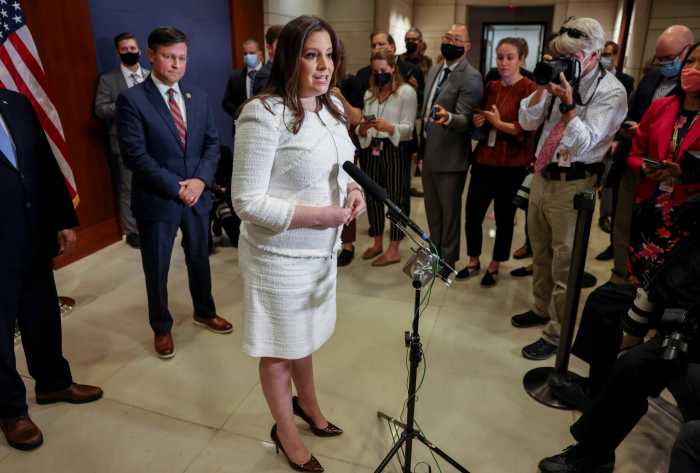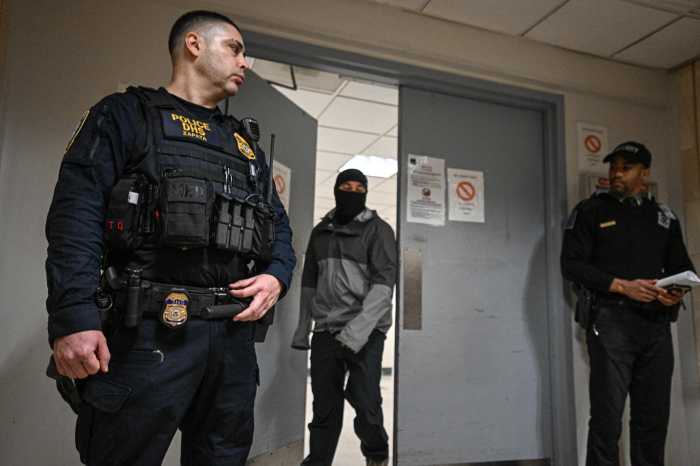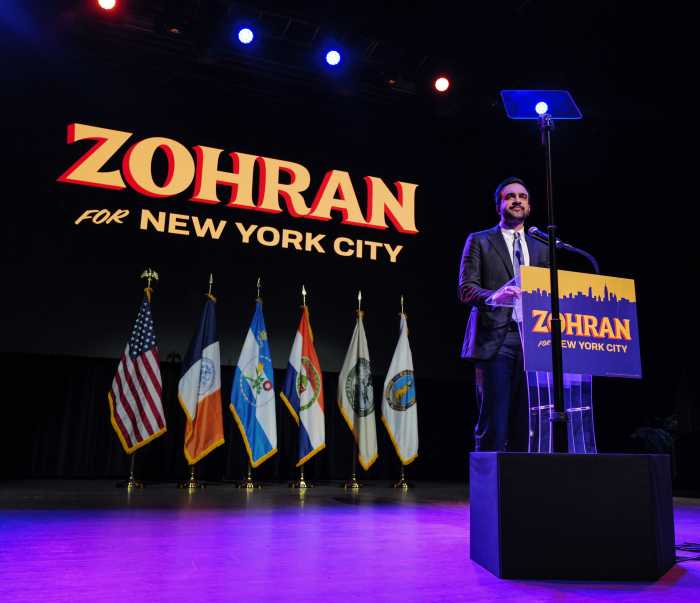Can it work? Some aspects of the Iran nuclear deal announced Tuesday seem promising. Reductions in Iran’s stockpile of highly enriched uranium and its number of centrifuges, multiyear bans on Iran’s ability to import conventional weapons and missiles, an easing of sanctions only after Iran takes some initial steps toward dismantling its program, and a “snapback” of sanctions if Iran violates the deal are all noteworthy.
But questions abound. How unfettered will the inspection regime be? Does “anytime anywhere” mean just that? Will the deal really extend the “breakout” time to one year that Iran would need to produce a nuclear weapon if it decides to abandon the agreement? What shape will Iran’s nuclear industry be in after 10 or 15 years?
These questions regarding a detailed arms-control agreement need careful scientific study by experts. Yet other questions will be answerable only by history. We simply don’t know the impact of future world events or how Iran will behave as it rejoins the community of nations.
The virulent, canned attacks that greeted the announcement — much of it from people who had not yet studied the text of the agreement — were predictable.
The messy politics of the Middle East, the brewing 2016 presidential campaign, and strident rote opposition to anything President Barack Obama does make for a toxic stew of dissent. What we all need is a break from the rhetoric and a sober discussion of the best way to implement and monitor the terms of the deal. Congress has 60 days from Sunday to examine the agreement. It should use that time to do just that and keep the posturing to a minimum. The reality is that there are two avenues to bring about change in the region — diplomacy or war. And the American public — rightly — has no stomach for more war.
For people who believe that Iran will never live up to any agreement, no deal is possible other than its abject surrender. That simply was never going to happen. And there were deep concerns about whether the sanctions regime that brought Iran to the negotiating table — specifically, the commitments from Russia and China — would have stayed in place without a deal. It’s time to move forward.
Retain all skepticism about Iran; its past behavior demands we be wary. But understand the wisdom behind Secretary of State John Kerry’s observation that “confidence is never built overnight.” It is part of a long process, Kerry said, and that’s a road we must start down. Or we will continue to repeat all of the policies that have failed us up to now.
